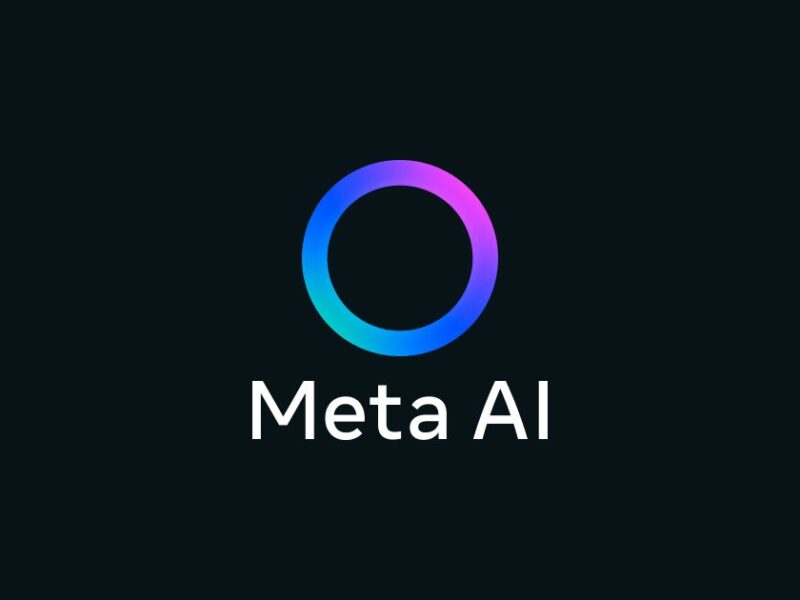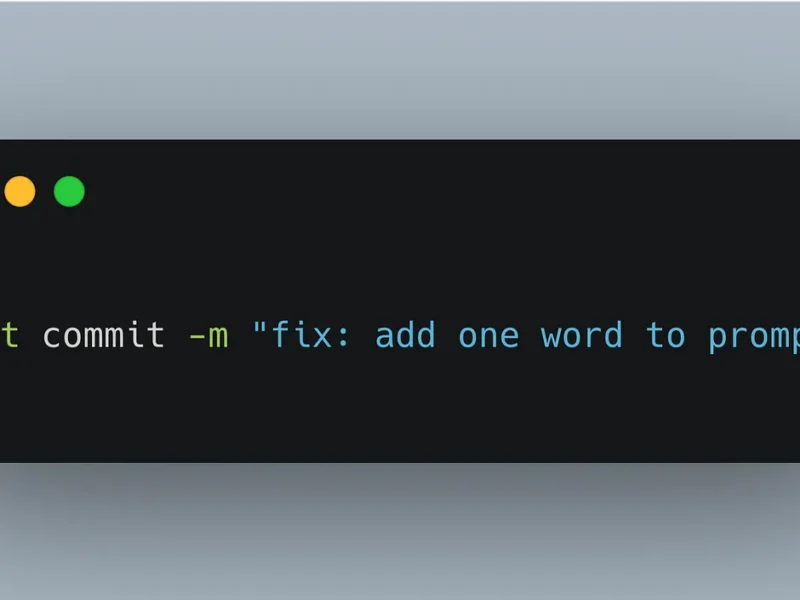Image credit: The Velvet Sundown (Band) – Official X account
Introduction
In recent days, the music industry has witnessed an avalanche of headlines surrounding a music band called The Velvet Sundown. The reason? The band may possibly be not be a real band at all, and its music may be AI-generated. In fact, the growing consensus is that this almost certainly is the case.
This article takes a look at the controversy that surrounds this “band” and reflects on the impact it may have, and the actions that may be taken in creative industries like music to mitigate the negative effects of AI-generated content that may continue to become viral in popular streaming platforms.
About The Band and Recent Suspicions
The Velvet Sundown has been introduced as a band of a mixed psychedelic and alt-pop genre that emerged on Spotify in early 2025, and has so far cumulated between 400K and 650K monthly listeners in just a matter of a few weeks. At the time of writing, the band has released two albums — Floating on Echoes and Dust and Silence. What has been perceived as surprising — and more than a little suspicious — by many is that these two albums were launched within just fifteen days of one another, with a third being scheduled for July 14th.
So, why the rising controversy about The Velvet Sundown being arguably an AI-generated band?
Interestingly, and despite all existing photos of the band looking like the work of AI as well, The Velvet Sundown has emphatically denied being AI-generated on their X (formerly Twitter) account, claiming that its four members are real people and that their work is also real. But it wasn’t long before these claims were probed and dismantled.
Just a few hours prior to the time of writing this article, a band spokesperson admitted that the entire process behind the band has been an “art hoax,” and that their music has been generated using Suno, an AI-powered music creation tool. In the spokesperson’s words:
“[I]t’s marketing. It’s trolling … things that are fake have sometimes even more impact than things that are real.”
In the days leading up to this reveal, and based on multiple sources, investigations, and surmisings, the consensus on the band being created by AI was already almost absolute, with several clear hints in retrospect.

“Members” of The Velvet Sundown music band | Image source: AAA Backstage
Perhaps one of the most obvious hints at something going on are the suspiciously-looking images of the band members on the internet (see above): they all look similarly styled and have an “overly smooth” appearance with traits that share a lot in common with typical AI-generated avatars. Honestly (in the author’s opinion), it would be hard not to notice that the four men in images like this are not even real: just look at the fingers in the hand holding the guitar.
Suspiciously, there are no human traces of the band whatsoever, with no records of interviews with media, concerts, social media accounts linked to their members, nor public presence at all. And this is despite the numerous “photos” of them out and about, even seemingly “on the road” at times.
Notably, apps like Deezer, which exhaustively analyze every track uploaded to their platform, have already labeled some of the band’s tracks as “possibly AI-generated”. Other detection tools like Ircam Amplify analyzed the tracks and labeled 10 out of 13 songs with 100% probability of being AI-generated, plus one with 98% probability, pointing also at Suno as the generative tool being used.
AI-Generated Music’s Potential Effects and Impact
After having admitted that there were some trolling and marketing actions performed with AI-generated content to draw mass attention, we cannot help to take a pause and reflect on the impact of AI tools in today’s music industry.
When projects like the one under analysis are capable of becoming hits on platforms like Spotify, this means the line between human and artificial creations may have blurred significantly, questioning the real value of authenticity and perhaps negatively affecting legitimate musicians and bands.
From an economic dimension, if cases like this occur again, it would be a matter of time before AI floods major streaming platforms with synthetic content, thereby distorting playlists, biasing metrics in favor, and impacting the revenue of real (human) artists. The public would likewise show a tendency to distrust what they listen to, sometimes even affecting the relationship between artists and listeners, out of a potential lack of confidence in whether what they are listening to is real or not.
That said, not everything should be perceived as negative regarding the use of AI in creative industries: AI has the opportunity be a valuable tool for composing, trialling, and collaborating, provided it is always used under solid ethical standards. Streaming platforms must enforce a visible AI label whenever any track has been totally or partly AI-generated. Additional methods may be needed to improve the traceability of creators, like incorporating fiscal or personal data, and sophisticated verification methods when authenticating. Another important measure envisaged to protect human artists could be the creation of a legal status that recognizes the rights of traditional creators, including unfair competition compensation against synthetically generated content.
Let me wrap up with some examples of what regulatory steps some regions are taking:
- The European Union is discussing, as part of their AI Act, some measures that would require declaring whether generative AI has been used in any cultural content, including music.
- In the United States, the Human Artistry Campaign has been launched to demand transparency and consent in the use of voices and real artists’ styles in AI-generated work.
Conclusion
As of today, there really is no question that The Velvet Sundown is not a real music band, but rather an AI-powered project presented to challenge the boundaries of art, authenticity, and wider music consumption. Recently admitted as an “art hoax” by its creators, the band’s case brings serious debate topics to the table: what should be the value given to a musical work not directly composed by humans? How should the music industry and platforms act against AI-generated content like this? The stage is set for AI’s encore, but will we applaud or question the curtain call?
In the end, the band The Velvet Sundown seems to have really hit the right notes… of controversy.
Iván Palomares Carrascosa is a leader, writer, speaker, and adviser in AI, machine learning, deep learning & LLMs. He trains and guides others in harnessing AI in the real world.

